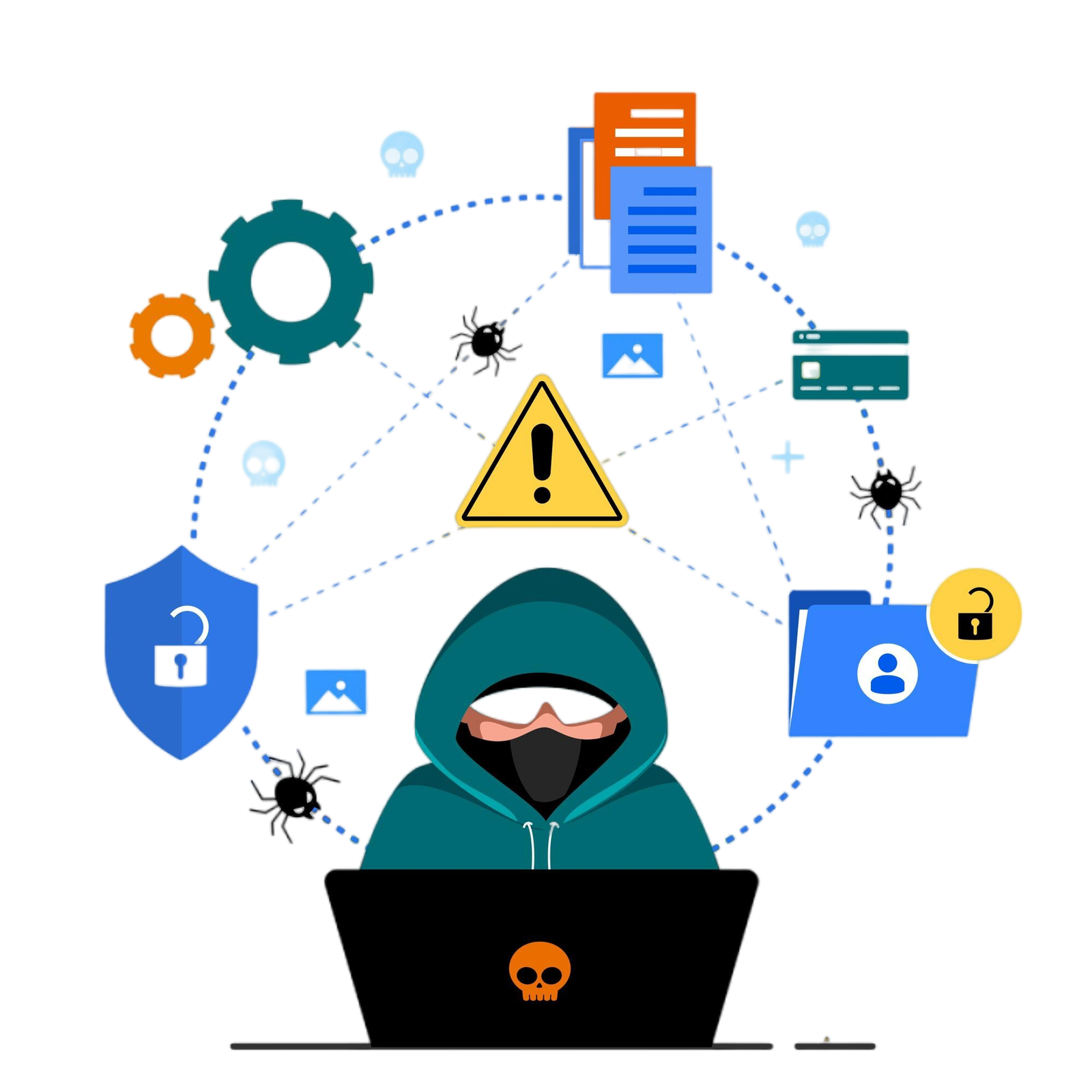
A detective is a professional who investigates crimes, gathers evidence, and helps solve cases. Detectives play a crucial role in law enforcement and criminal justice, working to uncover the truth behind criminal activities:
Key Components of Detective
Introduction to Detective Work
Role of Detectives: Overview of what detectives do, their responsibilities, and their place in the criminal justice system.
Types of Detectives: Differences between private detectives, police detectives, and federal investigators.
Historical Context
Evolution of Detective Work: Historical development from early sleuths to modern investigative methods.
Pioneering Figures: Influential detectives and their contributions, such as Allan Pinkerton, Auguste Dupin, and Sherlock Holmes.
Investigation Techniques
Crime Scene Management: Procedures for securing and documenting crime scenes.
Evidence Collection and Preservation: Methods for collecting, preserving, and analyzing physical evidence.
Forensic Science Basics: Introduction to forensic disciplines like fingerprint analysis, DNA profiling, and digital forensics.
Interviewing and Interrogation
Interview Techniques: Best practices for interviewing witnesses and victims.
Interrogation Strategies: Approaches to interrogating suspects, including ethical considerations and legal constraints.
Legal and Ethical Issues
Legal Framework: Understanding laws and regulations affecting detective work, including search and seizure, and Miranda rights.
Ethical Dilemmas: Common ethical issues and how detectives should address them, such as conflicts of interest and handling confidential information.
Detective Skills
Critical Thinking and Analysis: Techniques for analyzing evidence and forming theories.
Observation Skills: Importance of detail-oriented observation and its impact on solving cases.
Problem-Solving: Approaches to solving complex and challenging cases.
Technology in Modern Investigations
Digital Forensics: Techniques for investigating digital evidence, including computer and smartphone forensics.
Surveillance Technology: Use of modern surveillance tools, such as CCTV and GPS tracking.
Data Analysis: How data analytics and AI are used to identify patterns and solve cases.
Case Studies
Famous Cases: Examination of high-profile or landmark cases, including methods used to solve them.
Cold Cases: Strategies and challenges involved in investigating unsolved cases.
Detective Fiction and Media Influence
Impact of Fiction: How detective fiction influences public perception of detective work.
Media Portrayals: Analysis of how detectives are portrayed in films, television, and literature.
Training and Professional Development
Educational Requirements: Overview of necessary qualifications and training programs for detectives.
Continuing Education: Importance of ongoing training and staying updated with new techniques and technologies.
Current Trends and Future Directions
Emerging Trends: New trends in crime and investigation techniques.
Future Challenges: Anticipated changes in the field and how detectives are preparing for them.
Interdisciplinary Connections
Psychology and Criminal Profiling: How psychological principles are applied in criminal profiling and understanding criminal behavior.
Sociology and Crime: The relationship between social factors and crime patterns
.webp)



